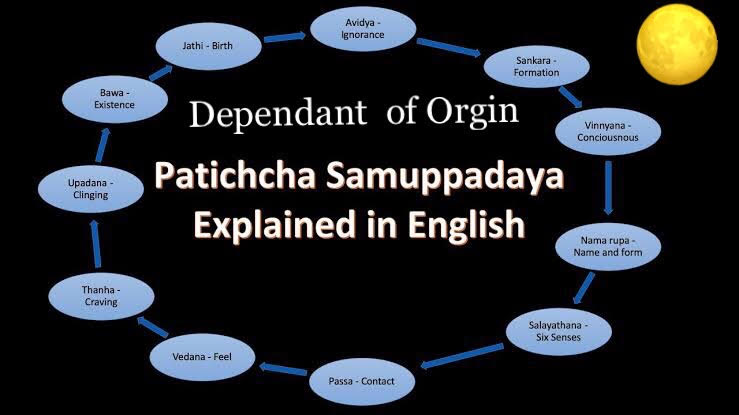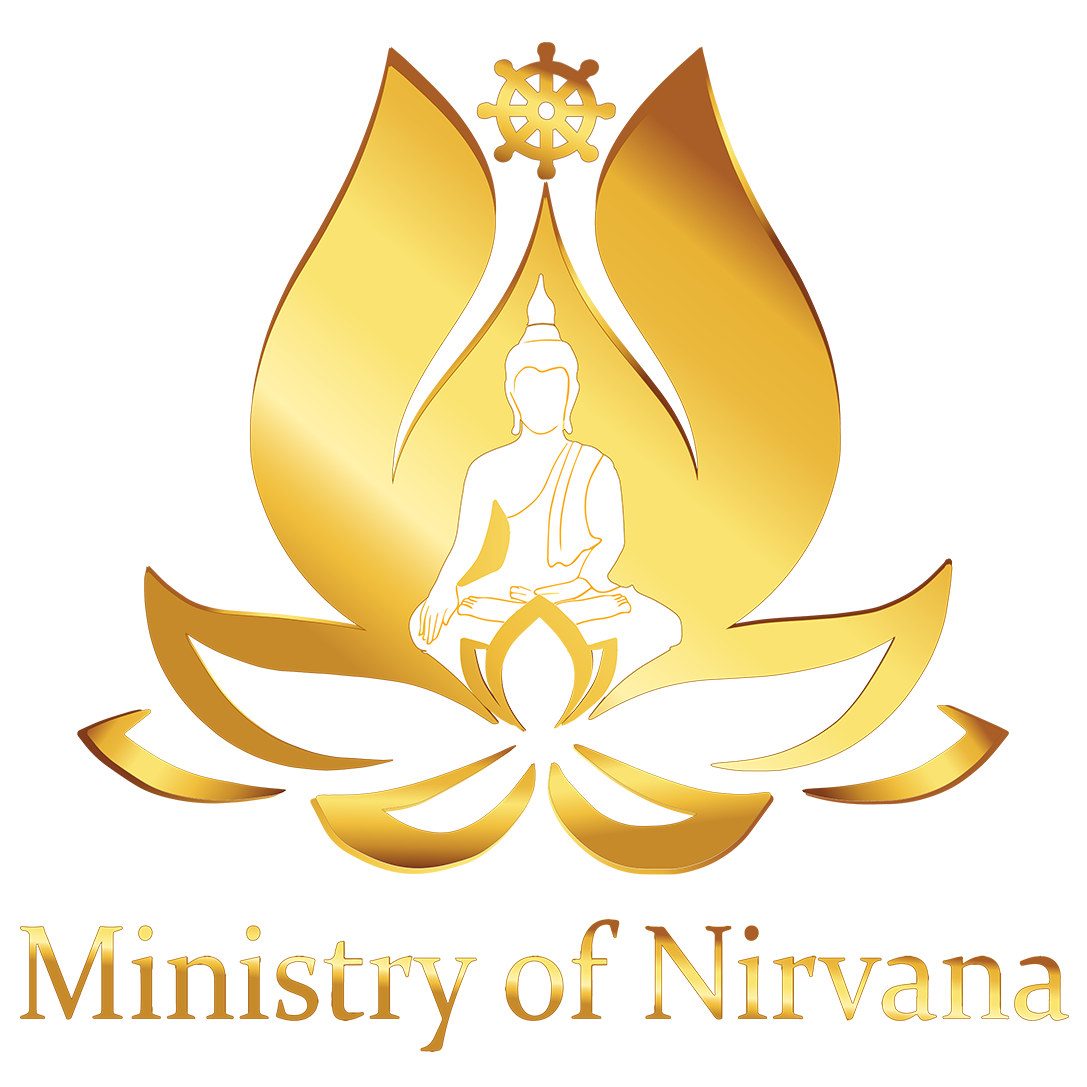What is Buddhism and how it’s different from other religions
There is a very distinct difference between Buddhism and most other popular religions in the world. Unlike monotheistic religions, Buddhism does not deify its founder or a teacher, Supreme Lord Buddha.
The liberation of self is the responsibility of one’s own. Buddhism does not call for an unquestionable blind faith by all Buddhist followers. It places heavy emphasis on self-reliance, self-discipline, and individual striving rather than being caused by external circumstances or deeds, Buddhism teaches that suffering is rooted in the state of one’s mind. Buddhism is strictly not a religion in the context of being a faith and worship owing allegiance to a supernatural being. There is no almighty God in Buddhism. There is no one to hand out rewards or punishments on a supposedly So-called Judgement Day. No savior concept in Buddhism. A Buddha is not a savior who saves others by his personal salvation. Although a Buddhist seeks refuge in the Buddha as his incomparable guide who indicates the path of purity, he makes no servile surrender. A Buddhist does not think that he can gain purity merely by seeking refuge in the Buddha or by mere faith in Him. It is not within the power of a Buddha to wash away the impurities of others. Lord Buddha is not an incarnation of a God. The relationship between a Buddha and his disciples and followers is that of a teacher and student. No holy war concept in Buddhism. Hurting another is strongly rejected even in the name of religion, a religious leader or whatsoever religious pretext or worldly excuse. It breaks a key moral precept in Buddhism.
The Context of Buddhism
Taking refuge in The Triple Gems i.e. the Buddha, the Dhamma and the Sangha; does not mean self-surrender or total reliance on an external force or third party for help or salvation. Dhamma (the teachings in Buddhism) exists regardless of whether there is a Buddha. Lord Buddha discovered and shared the teachings/ universal truths of all sentient beings. He is neither the creator of such teachings nor the prophet of an almighty God to transmit such teachings to others. The Buddha is omniscient, but he is not omnipotent. He is capable of innumerable feats. Buddha does not claim to be a creator of lives or the Universe. In Buddhism, the ultimate objective of followers/practitioners is enlightenment and/or liberation from Sansara(infinite cycle or reincarnation) ; rather than to go to a Heaven (or a deva realm in the context of Buddhist cosmology).
Theory of Buddhism; The root cause of Sansaric journey
Acoording to the Buddhist teaching, three main reasons we have been circling through this infinite Sansaaric journey are Desire, Aversion & Delution . These three characteristics are called Keles / Klesha .
Raga (greed, sensual attachment), Dvesha (aversion, hate ) & Moha ( Delution , Confution ) These three poisons are being considered to be three afflictions or characters which flaw innate in a being, the root of Thaṇhā (craving), leading to a vexation and thus in fact the cause of Dukkha (suffering, pain, satisfactoriness) and Reincarnation ( rebirth cycle )
Principle of Buddhism
Karma and Karma Force are cornerstones in Buddhist doctrines. They are expounded very thoroughly in Buddhism. Karma refers to an important metaphysical concept concerned with action and its consequences. “Cause and Effect ”. This law of karma explains the problem of sufferings, the mystery of the so-called fate and predestination of some religions, and above all the apparent inequality of mankind. Rebirth or reincarnation is another key doctrine in Buddhism, and it goes hand in hand with karma. There is a subtle difference between rebirth and reincarnation as expounded in Hinduism. Buddhism rejects the theory of a transmigrating permanent soul, whether created by a god or emanating from a divine essence.
What is Dhamma & Dependant Of Origin(Patichcha Samuppada)

Conditioned Arising (Patichcha Samuppada) or Dependent Origination is another key and main doctrine in Buddhism. This doctrine explains that all psychological and physical phenomena constituting individual existence are interdependent and mutually condition each other; this at the same time describes what entangles sentient beings in Sansara (The endless journey). The Twelve Links of Dependent Origination (Patichcha Samuppadaya) is the Buddhist analysis of the causes and conditions which lead to life. Each link in the chain is the cause that gives rise to the next link, and each link can be broken by removing the link preceding it.
Attachment for good deeds
Buddhism goes beyond doing good and being good. One must not be attached to even good deeds or the idea of doing good; as it could lead to another form of craving.
Suffering and the Four Noble Truths
Suffering is another cornerstone in Buddhism. It is the first of the Four Noble Truths. The Four Noble Truths comprise the essence of Buddha’s teachings, though they leave much left unexplained. They are the truth of suffering, the truth of the cause of suffering, the truth of the end of suffering, and the truth of the path that leads to the end of suffering. Sufferings are very well analysed and explained in Buddhism. The Dharma provides a very detailed explanation of the doctrine of ones existence or SELF , i.e. there is no soul entity (whether in one life of many lives). Pragngna or Transcendent Wisdom occupies a paramount position in Buddhist teachings. Pragngna or wisdom means the true understanding for four noble truth.
Meditations
The tradition and practice of meditation in Buddhism are relatively important and strong. While all religions teach some forms or variations of stabilising/single-pointedness meditation, only Buddhism emphazises Vipassana (Insight) meditation as a powerful tool to assist one in seeking liberation/enlightenment For more information about vipassana meditation, refer What is Vipassana (Vidharshana) Meditation
Sansara
Sansara is a fundamental concept in Buddhism and it is simply the ‘perpetual cycles of existence’ or endless rounds of rebirth among the thirty one realms of existence. This cyclical rebirth pattern will only end when a sentient being attains Nibbana(Nirvana) , i.e. virtual exhaustion of karma, habitual traces, defilements and delusions.


